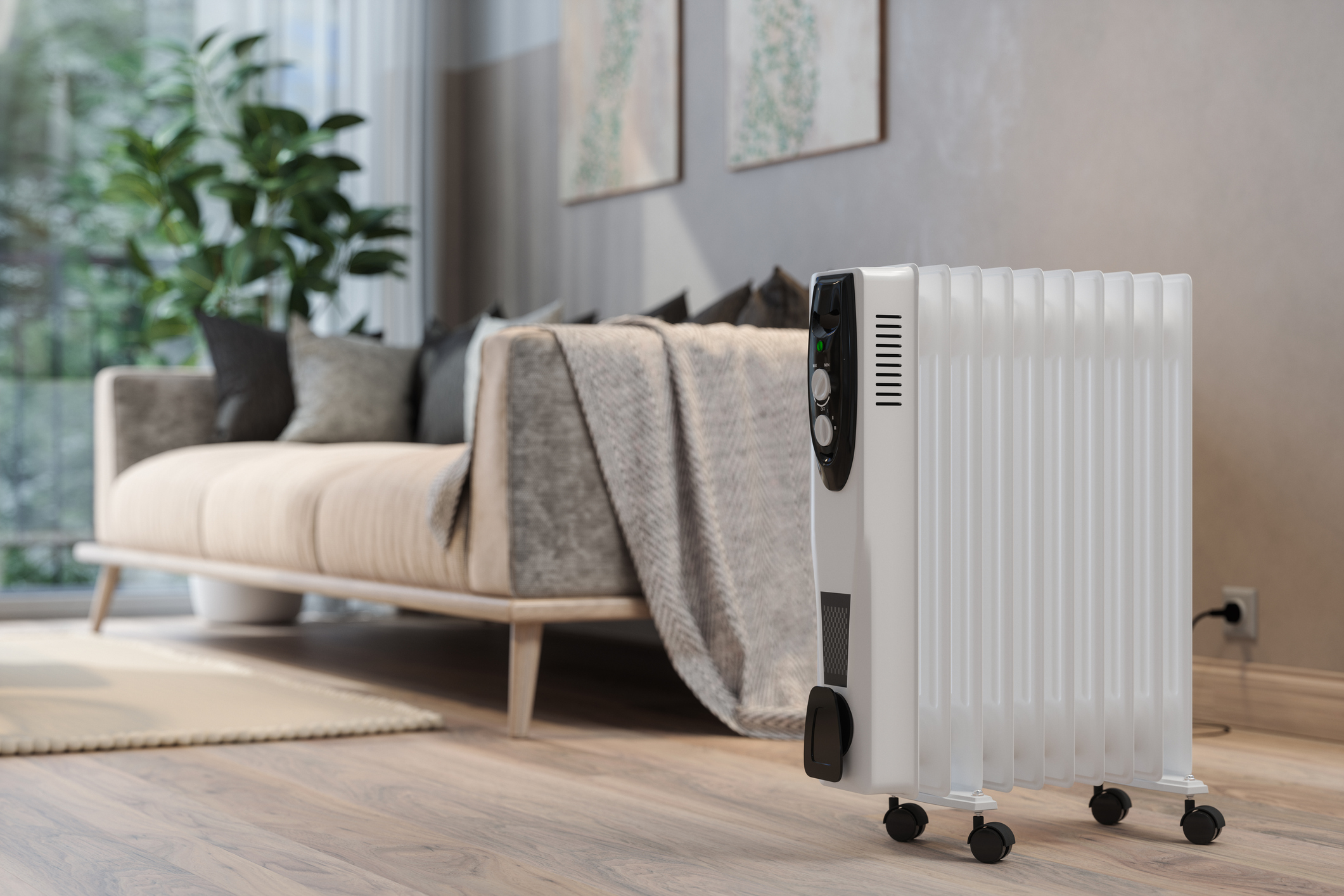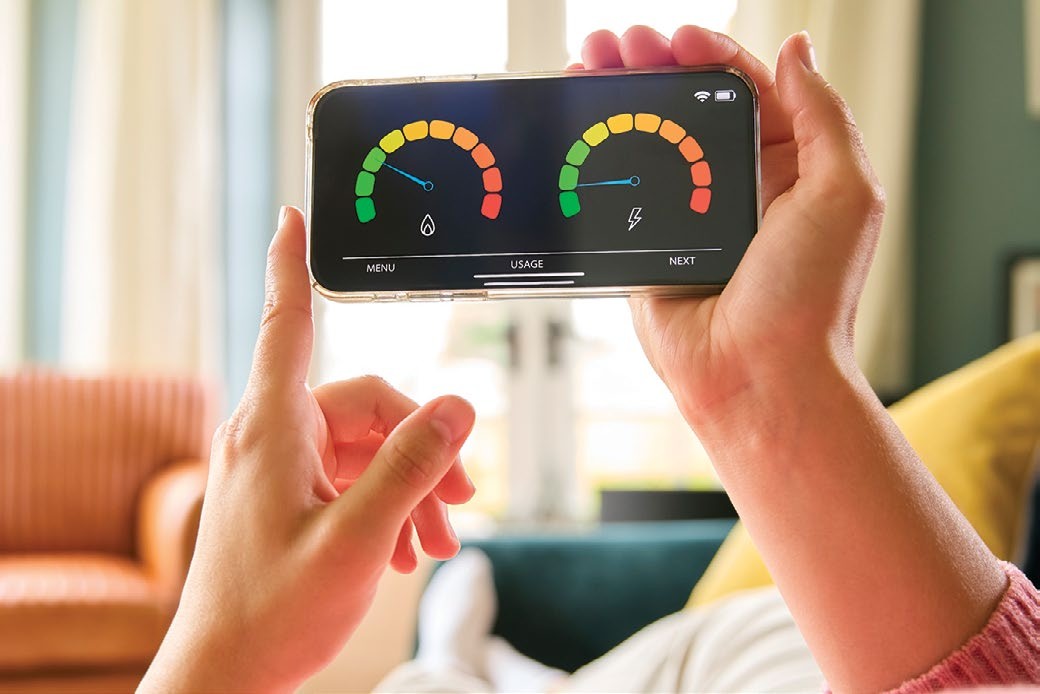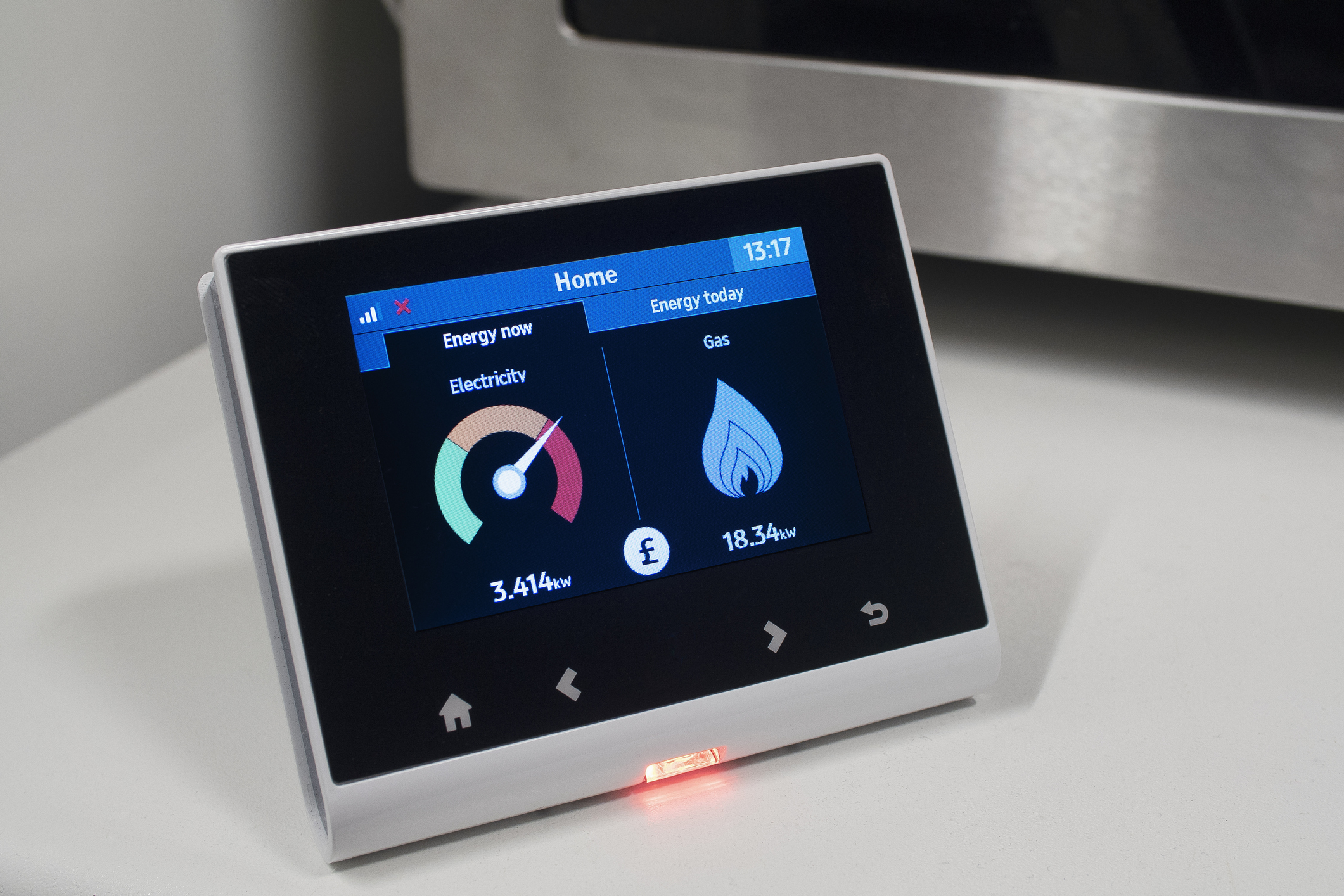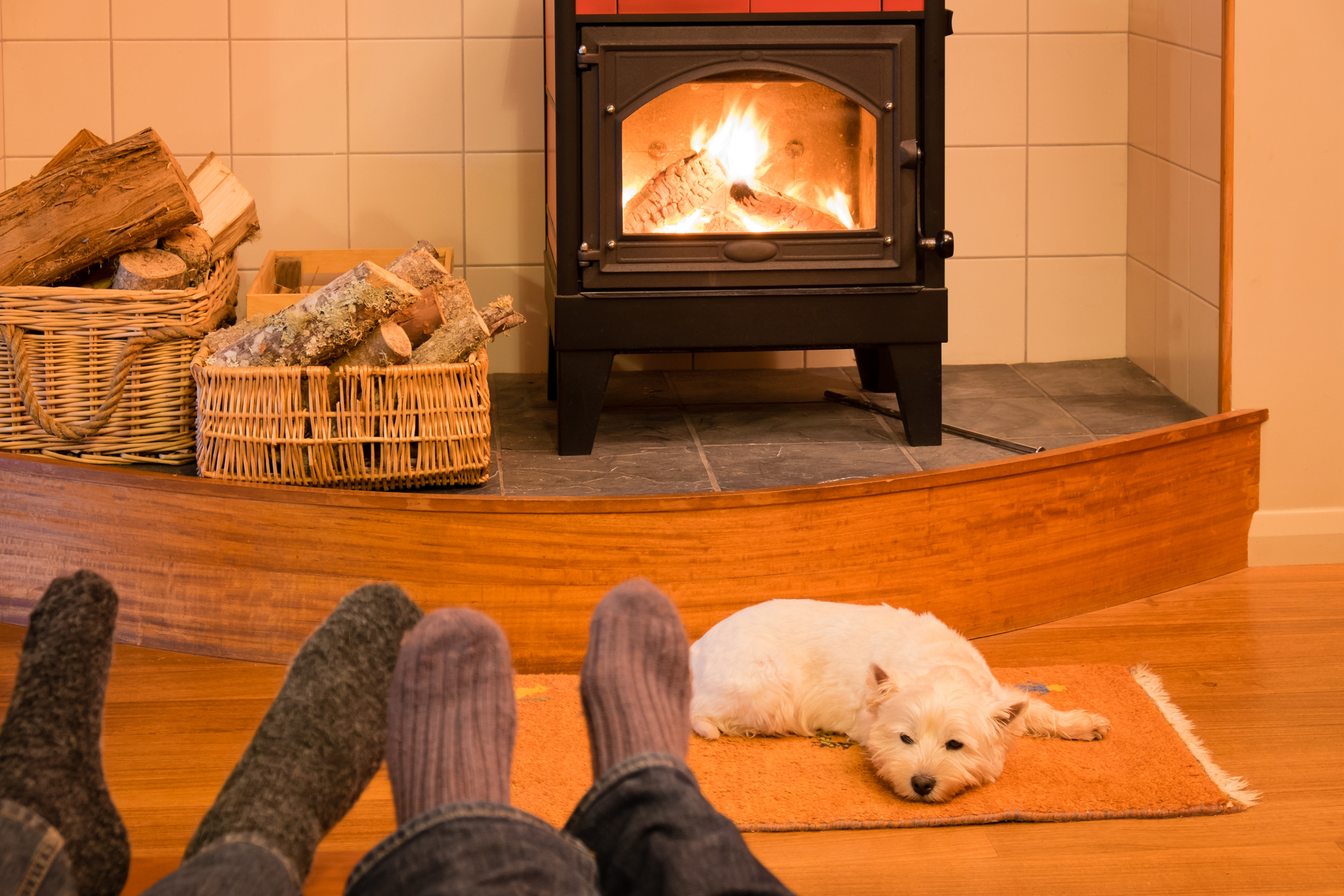Fan heater vs oil heater – which is cheaper?
Which is cheaper to run: a fan heater or an oil heater? As households look to cut heating costs, we put two options under the spotlight.


Get the latest financial news, insights and expert analysis from our award-winning MoneyWeek team, to help you understand what really matters when it comes to your finances.
You are now subscribed
Your newsletter sign-up was successful
Want to add more newsletters?

Twice daily
MoneyWeek
Get the latest financial news, insights and expert analysis from our award-winning MoneyWeek team, to help you understand what really matters when it comes to your finances.

Four times a week
Look After My Bills
Sign up to our free money-saving newsletter, filled with the latest news and expert advice to help you find the best tips and deals for managing your bills. Start saving today!
With temperatures dropping and energy prices rising again in January, households will take extra caution when it comes to putting the heating on. Many may wonder if it’s cheaper to leave the central heating on or opt for a portable heater.
Portable heaters are a popular choice for households looking to keep warm, but is a fan heater or an oil heater more efficient? We crunch the numbers.
How much does it cost to run a fan heater?
The average price for a fan heater is anywhere between £10 and £50. They’re compact, lightweight and easy to carry, making them useful if you need to heat up a single room instead of the entire house.
MoneyWeek
Subscribe to MoneyWeek today and get your first six magazine issues absolutely FREE

Sign up to Money Morning
Don't miss the latest investment and personal finances news, market analysis, plus money-saving tips with our free twice-daily newsletter
Don't miss the latest investment and personal finances news, market analysis, plus money-saving tips with our free twice-daily newsletter
How much fan heaters cost to run can depend on several factors, such as its size, how much energy it uses, how often you use it, and how insulated your home is.
We’ve compared the costs of different-sized fan heaters if you use them every day. The calculations are based on the current Ofgem energy price cap of 24.5p per kWh.
Type of fan heater | Cost to run per hour | Cost to run every day for five hours | Cost per week (running it five hours a day) |
|---|---|---|---|
700W fan heater | £0.17 | £0.85 | £5.95 |
2000W fan heater | £0.49 | £2.45 | £17.15 |
There are a few ways to make the most of your fan heater. For instance, you can use the thermostatic control feature to regulate your electricity usage, get door draught excluders and put curtains in to minimise heat loss.
How much does it cost to run an oil heater?
Oil heaters are a bit more expensive to buy than fan heaters. They work by using an electrical element that warms the thermal oil inside the appliance. Designed like a radiator, these heaters are known for retaining heat for longer. Most modern oil heaters also come with a thermostat so you can control how warm it gets.
To give you an idea of how much it costs to run an oil heater, we’ve compared a few below. These are calculated based on the current Ofgem energy price cap of 24.5p per kWh.
Type of oil heater | Cost to run per hour | Cost to run every day for five hours | Cost per week (running it five hours a day) |
|---|---|---|---|
650W oil heater | £0.16 | £0.8 | £5.6 |
1500W oil heater | £0.37 | £1.85 | £12.95 |
2500W oil heater | £0.61 | £3.05 | £21.35 |
Like with a fan heater, it’s good to use the thermostat control to reduce your electricity usage. However, what gives oil heaters an edge over fan heaters is that they have good heat retention. So when you switch the oil heater off, it takes a while to cool the oil down, which means that it’s still giving off heat, ultimately requiring less energy to heat up a room.
Fan heater vs oil heater: which is cheaper?
Fan heaters and oil heaters have similar running costs, but the main difference is that an oil heater is typically more expensive to buy. For instance, if we compare two Bush heaters on Argos, a 2kW fan heater costs £20 while a 2kW oil heater is more than double the price at £48.
If upfront cost isn’t an issue for you, oil heaters could work out to be cheaper in the long run. That’s because there's residual warmth from this type of heater after you switch it off, meaning you can run an oil heater for a shorter period than a fan heater. Other benefits of oil heaters are that they are safer to use and they don’t make the air dry like fan heaters.
If you have a big room or high ceilings, it will be harder to warm the room with a portable heater. If you’re trying to maintain the heat in a room for longer than a couple of hours, you might be better off turning the central heating on.
Get the latest financial news, insights and expert analysis from our award-winning MoneyWeek team, to help you understand what really matters when it comes to your finances.

Oojal has a background in consumer journalism and is interested in helping people make the most of their money.
Oojal has an MA in international journalism from Cardiff University, and before joining MoneyWeek, she worked for Look After My Bills, a personal finance website, where she covered guides on household bills and money-saving deals.
Her bylines can be found on Newsquest, Voice.Cymru, DIVA and Sony Music, and she has explored subjects ranging from politics and LGBTQIA+ issues to food and entertainment.
Outside of work, Oojal enjoys travelling, going to the movies and learning Spanish with a little green owl.
-
 Should you buy an active ETF?
Should you buy an active ETF?ETFs are often mischaracterised as passive products, but they can be a convenient way to add active management to your portfolio
-
 Power up your pension before 5 April – easy ways to save before the tax year end
Power up your pension before 5 April – easy ways to save before the tax year endWith the end of the tax year looming, pension savers currently have a window to review and maximise what’s going into their retirement funds – we look at how
-
 Winter Fuel Payment cut to hit ‘1.5 million’ pensioners - what support does your energy supplier offer?
Winter Fuel Payment cut to hit ‘1.5 million’ pensioners - what support does your energy supplier offer?Advice The Winter Fuel Payment is being scrapped for most pensioners this year. But you may be able to access extra support from your energy supplier. Here’s what’s on offer.
-
 What is the Ofgem energy price cap and what does it mean for your bills?
What is the Ofgem energy price cap and what does it mean for your bills?The Ofgem energy price cap is reviewed every three months. What is its current level and how does it affect bills?
-
 Should you switch to a fixed energy tariff in 2026?
Should you switch to a fixed energy tariff in 2026?As energy prices remain volatile and far above pre-2022 levels, is now the time to look for a fixed energy tariff? We look at the latest gas and electricity deals
-
 Rent prices continue to rise but demand slows as cost of living pressures bite
Rent prices continue to rise but demand slows as cost of living pressures biteNews The latest data from Zoopla shows rental growth is expected to slow to 5% as demand decreases
-
 The best credit cards with 0% on purchases
The best credit cards with 0% on purchasesAdvice 0% credit cards are a great way to spread the cost of big purchases - we flag the best deals available now.
-
 Competition watchdog warns drivers still overcharged on fuel prices
Competition watchdog warns drivers still overcharged on fuel pricesAdvice The competition watchdog has revealed that motorists are still paying too much for fuel, a year after its initial investigation. How can you save on fuel costs?
-
 Wood-burning stove vs central heating ‒ which is cheaper?
Wood-burning stove vs central heating ‒ which is cheaper?Advice After energy costs increased again, we compare wood-burning stove vs central heating to find out which is cheaper for your home
-
 Is it cheaper to leave the heating on low all day?
Is it cheaper to leave the heating on low all day?Advice The weather is getting colder and energy bills are rising, but is it really cheaper to leave the heating on low all day or should you only turn it on when you need it?